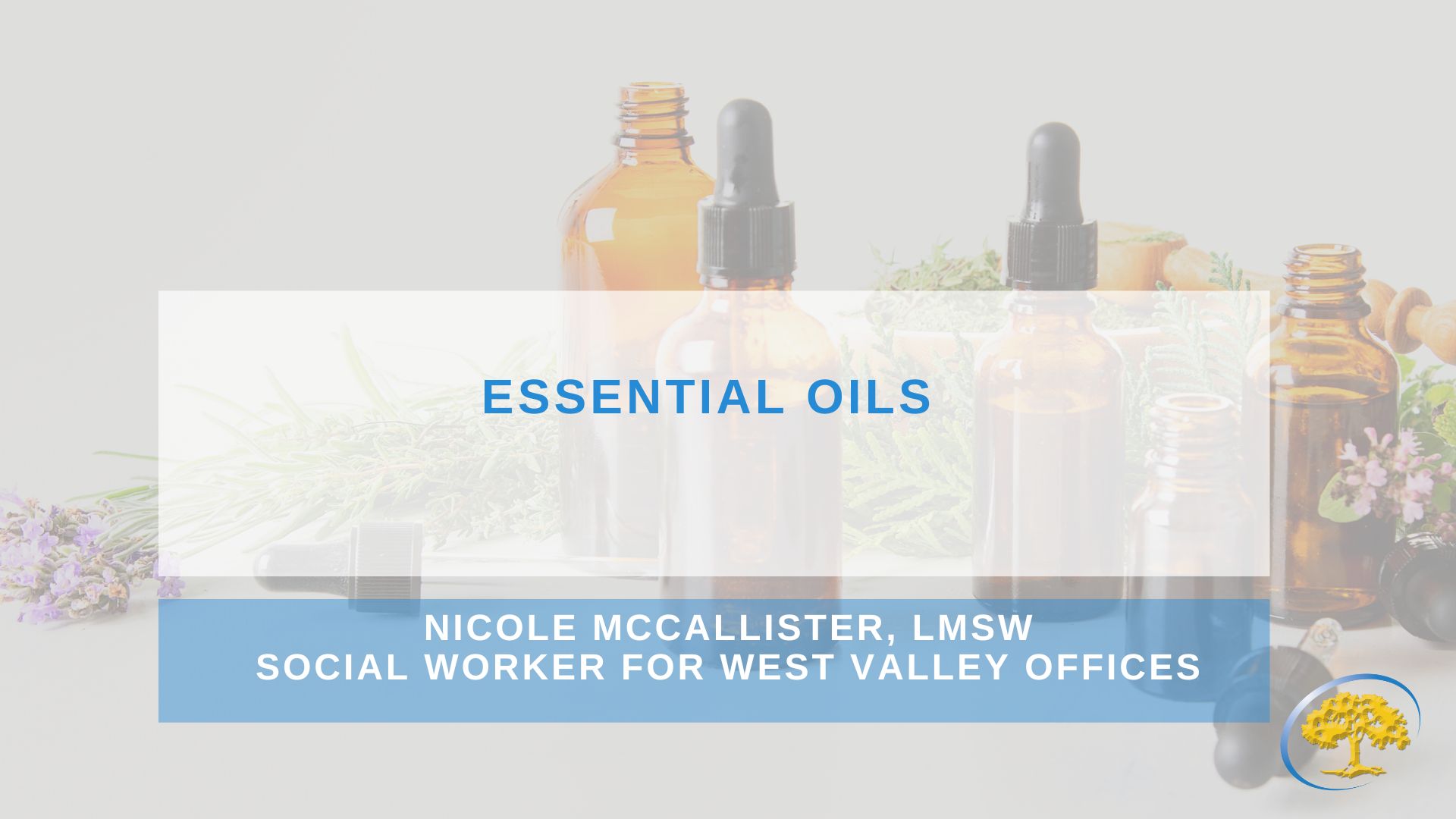
Posted 2 years ago
Essential Oils
Many people diagnosed with cancer seek complementary and alternative therapies to address the side effects of treatment and of the disease itself. An increasingly popular therapy currently being integrated into cancer care to ease the symptoms and improve patient’s quality of living is the use of essential oils.
Essential oils, which are obtained through mechanical pressing or distillation, are concentrated plant extracts that retain the natural smell and flavor of their source. There are over 90 different types of essential pols that are commonly used to address certain health conditions and symptoms.
Essential oils are most used in aromatherapy, which is the practice of stimulating smell receptors in the nose by using these oils to help people feel better physically, emotionally, and spiritually. Aromatherapy has a long history, with its roots tracing back to ancient Rome and Egypt and, more recently, to 20th-century France.
Aromatherapy is used by patients with cancer primarily as supportive care for general well-being. It is not being suggested to treat cancer itself. During cancer treatment and survivorship, essential oils may be useful for helping to relieve certain side effects of cancer and its treatment, such as anxiety, difficulty sleeping, headaches, nausea, vomiting and pain.
There are three ways to use essential oils:
Indirect inhalation via a room diffuser or drops of oil placed near the patient (e.g., on a tissue), or inside a vial with saturated cotton.
Direct inhalation used in an individual inhaler (e.g., a few drops of essential oil floated on top of hot water to aid a sinus headache).
Aromatherapy massage, which is the application to the body of essential oils diluted in a carrier oil.
It is important never to use essential oils directly on your skin. Always use with a carrier oil such as coconut, olive or even avocado. If you are prone to allergic reactions, you may want to test a small patch of skin on your inner arm or ankle before applying to larger portions of your body. If a reaction or irritation occurs, stop using the product immediately. Never use essential oils on the skin near your eyes.
Talking to your health care team is always recommended if you’re considering using essential oils whether is in a diffuser or on your skin. Ask whether aromatherapy could be useful as a complementary therapy and about your individual risks of using the specific aromatherapy you are interested in trying.
Here is a list of specific essential oils you may consider using as well as the targeted areas they focus on.
Eucalyptus – Think respiratory. Beneficial for colds, flu, bronchitis, sore throat. When paired with mint, it is known to reduce stress. It is also a natural insect repellant.
Frankincense – Treating cuts and scars. Oral health.
Lavender – Improves sleep, relieves stress, reduces anxiety, helps with minor burns and insect bites.
Lemon – aids digestion, boosts mood, increases energy levels.
Peppermint – aids digestion, relieves muscular pains and aches, relieves nausea and migraines.
Chamomile – calming the mind, relieving skin inflammation and eczema, supports the immune system.
Rose – reduce anxiety, treat acne, improve complexion and make skin more youthful in appearance by balancing moisture levels in the skin.
Rosemary – relieves tension, reduces stress, eliminates fatigue.
Ylang Ylang – Can increase hair growth and treats combination skin.
Myrrh – acne, athlete’s foot and cracked skin
Grapefruit – antifungal properties can eliminate bacteria, be careful not to apply to skin and then expose yourself in the sun.
Cedarwood – fighting acne, treating eczema, and reducing dandruff. In addition, it also allegedly helps to reduce arthritis and relieve coughing.
Ironwood is going to be hosting an in-person event on Essential Oils at the Scottsdale office. This educational and hands on event will take place on Thursday, May 18th at 1pm. No registration is necessary. This class is open to everyone in the community. Let’s come together in person again!
Where: Ironwood Cancer & Research Centers
8880 E. Desert Cove Ave., Scottsdale, AZ 85260
Contact Social Work by phone at 480-314-6660 or by email at socialwork@ironwoodcrc.com for more information about this Essential Oils Class.
About the Author Nicole McCallister, LMSW

